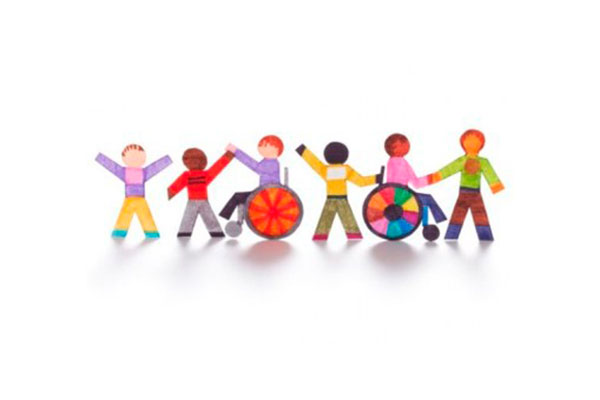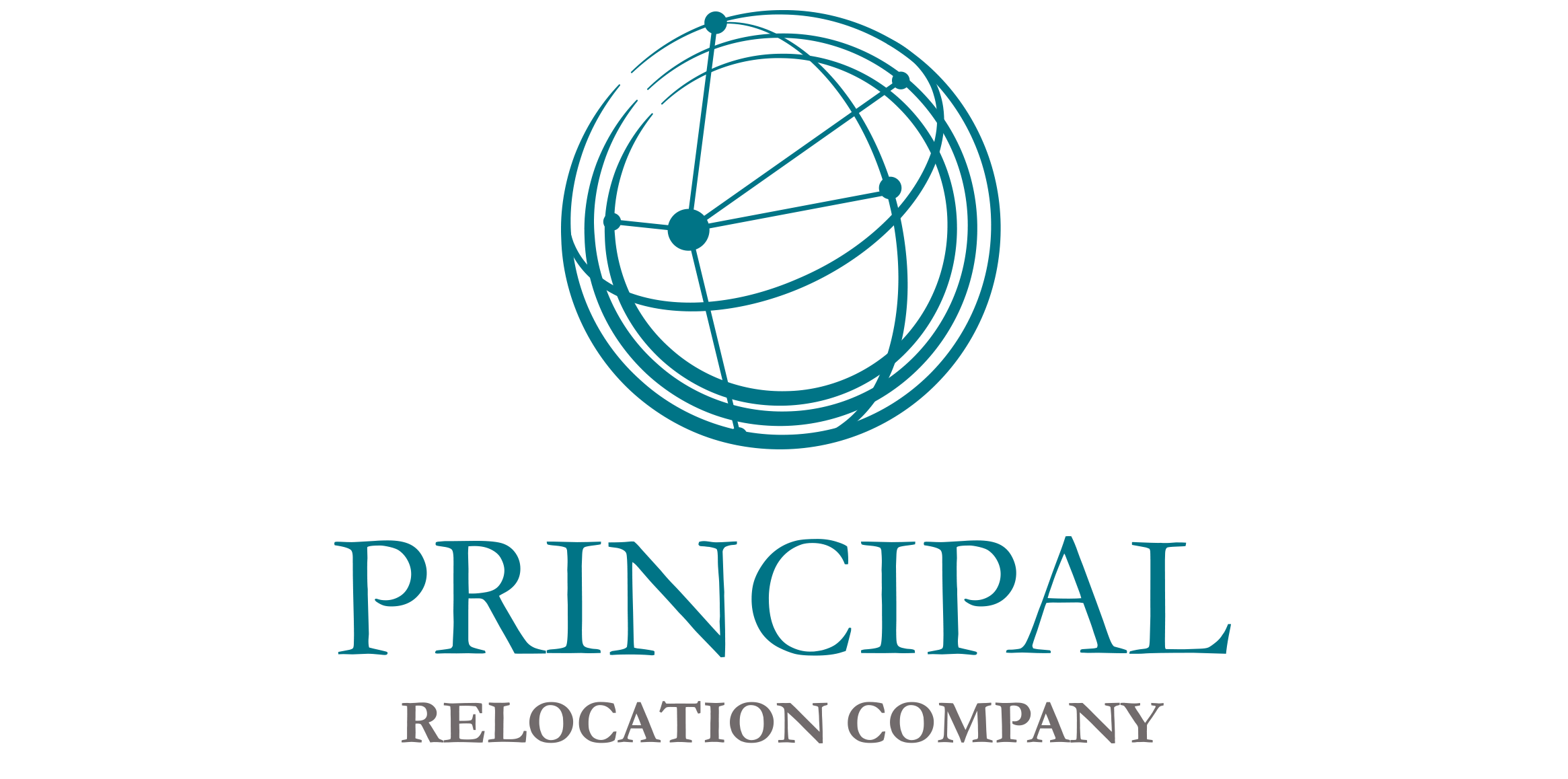
06 Sep | Disabled children and Italian school
Relocation can be a difficult time for employees and their family, changing their habits and behaviors, and it can be even more difficult for families with disabled children. For them the change is stressful.
Fortunately, the school inclusion of students with disabilities is a strong point in the Italian education system. In Italy, there are about 63,000 specialized teachers that are involved in the inclusion processes, and about 139,000 disabled students attending normal schools. Italy has developed the awareness that a real inclusion of a person with disabilities is essential for the growth of society itself
In 1971 the Italian Law 118 granted all children with disabilities – except for the most severe cases – the right to be educated in mainstream classes. By 1977, Italy closed all special schools and its Law 517 instructed that all pupils with disabilities should be included in mainstream schools. During the 1980s, Inclusive Education was implemented in pre-schools and in secondary schools. In 1991, a commission, which included persons with disabilities, started to draft the Framework Law for the Assistance, Social Inclusion, and the Rights of People with Disabilities no.104 that was adopted by the Parliament in 1992. This law warrants that appropriate support must be provided in mainstream schools at all levels – e.g., specialized teachers, educational aids, transportation and material assistance – with the collaboration of all public competent bodies and the involvement of all those who have educational competences (teachers, assistants, families, etc.).
In the case of other special educational needs, the schools should put in place the pedagogic and didactic measures necessary to guarantee their educational goals, drafting a personalized education plan if necessary.
The process of inclusion for foreign pupils consists of two aspects: ‘integration’ and ‘inter-culture’. Specific guidelines concerning the inclusion of foreign pupils (2014) provide a regulatory framework, as well as suggestions concerning school organizations and teaching in order to increase the quality of the education.
When applying for the inclusion in the school, families with disabled children must submit a certificate attesting to the disability of the child. The school send an application the Ministry of Education to ask for integration specialists for the disabled students, identifying the hours needed for each pupil.
Students with severe disabilities are entitled to the assignment of a teacher for all hours of their service (25 in the School of Infancy, 22 in Primary School and 18 in Secondary School).
Special programs are also developed by private schools, such as the Mary Mount.

